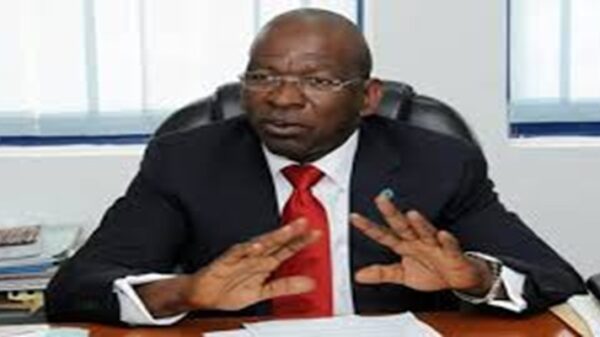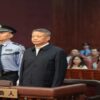National Association of Nigerian Auctioneers (NANAs) has berated Economic and Financial Crimes Commission (EFCC), expressing deep dissatisfaction with the EFCC’s latest e-auctioning exercise, accusing the Commission of bias and opacity in the allocation of auction lots.
This is coming in the wake of a similar debacle in 2022, where numerous bidders who won high-value items like vessels were never allocated their winnings, leaving the process mired in controversy.
Alhaji Uba Bauchi, national treasurer, National Association of Nigerian Auctioneers, in a statement at the weekend, noted that auctioneers have not forgotten what he called “the fiasco of 2022”, when the EFCC’s first attempt at e-auctioning ‘left many high and dry’.
“Winners of major auctioned items, including vessels, found themselves without the goods they had rightfully won through the bidding process.
“The EFCC’s refusal to invite the concerned auctioneers for a review or even provide an official report on the auction’s outcome continues to leave a bitter taste.
“This is a replay of 2022, where the lack of accountability and transparency in the e-auctioning process has once again surfaced,” the aggrieved auctioneers noted.
“Alleged lack of communication from the commission, coupled with the refusal to address the outcome of the previous auction exercise, has cast a long shadow over the integrity of the current e-auctioning system.
The group also claimed that the EFCC deliberately introduced the e-auctioning process to exclude and short-change the North-West and North-East regions of the country from participating, saying Nigerians were generally less interested with e-auctioning technology because of its alleged fraudulent nature having gave only four-day notice.
Furthermore, the auctioneers alleged that most of the seized items come from Nigerian fraudsters, adding that they suspected that the EFCC’s e-auctioning platform was designed to allow the same fraudsters to reclaim their seized assets by bidding anonymously.
The auctioneers alleged a lack of fairness in the allocation of auction lots eve as they accused the EFCC of unduly favouring certain auctioneers over others, to the detriment of public trust in the process.
“The public, the ultimate beneficiary of these auctions, is being sidelined,” the auctioneers said. The law emphasises that public auctioning processes must be open, competitive, and accessible to all. However, they claimed that the EFCC’s approach to e-auctioning seemed designed to benefit a select few at the expense of many.
Adding to the controversy were accusations that specific geopolitical zones, particularly the North-West and North-East, were completely excluded from the e-auctioning process, in what appears to be a blatant violation of Nigeria’s federal character principle.
Furthermore, allegations of nepotism have emerged, with concerns over the appointment of a mother-and-son duo to oversee e-auctions in the North-Central zone.
This has raised serious questions about impartiality, especially given that neither of them has any documented or known experience in e-auctioning, further undermining the credibility of the process.
“Merit and transparency should be the guiding principles for these appointments, not familial ties,” the group said, urging the EFCC to revisit the decisions to preserve the credibility of the auction process.
Bauchi added that the auctioneers were not just raising concerns; they were offering solutions. Citing extant circulars from the Office of the Head of the Civil Service of the Federation and the Office of the Accountant General of the Federation, the group emphasised that auctioning processes must be open, transparent, and competitive. They urged the EFCC to adopt a hybrid approach that combines both traditional and e-auctioning methods to ensure wider participation and public trust.
![]()




























































